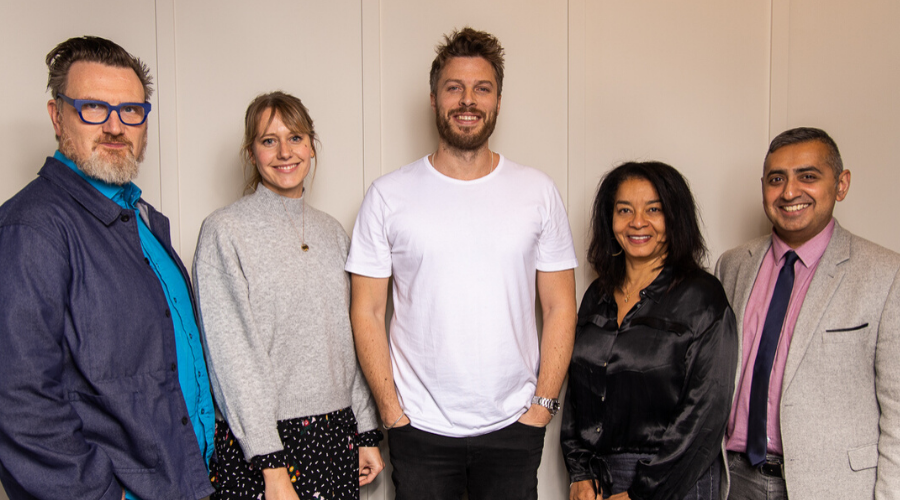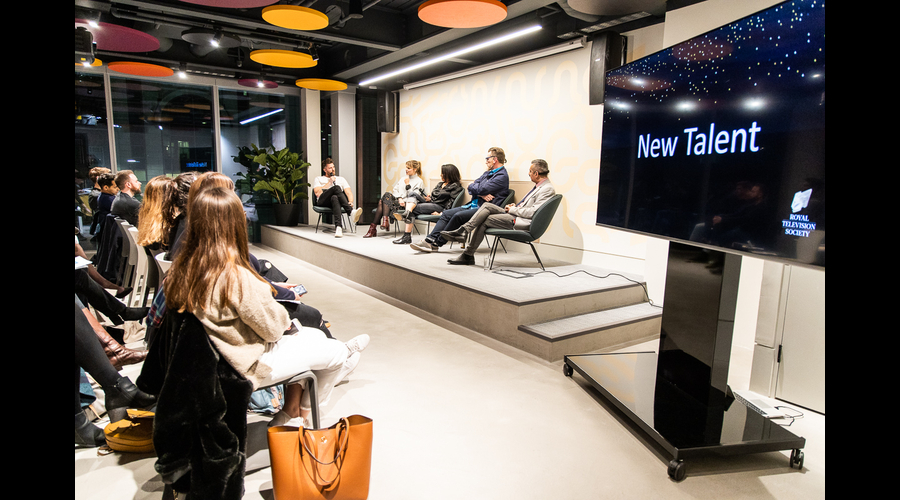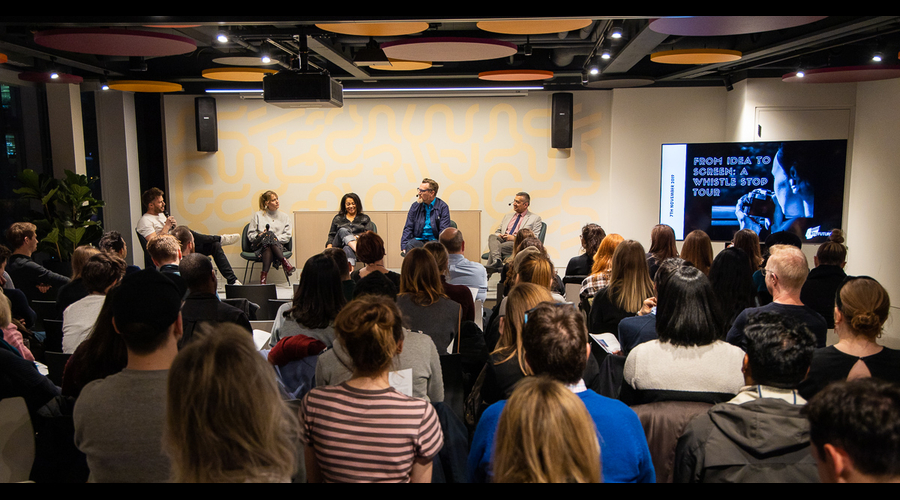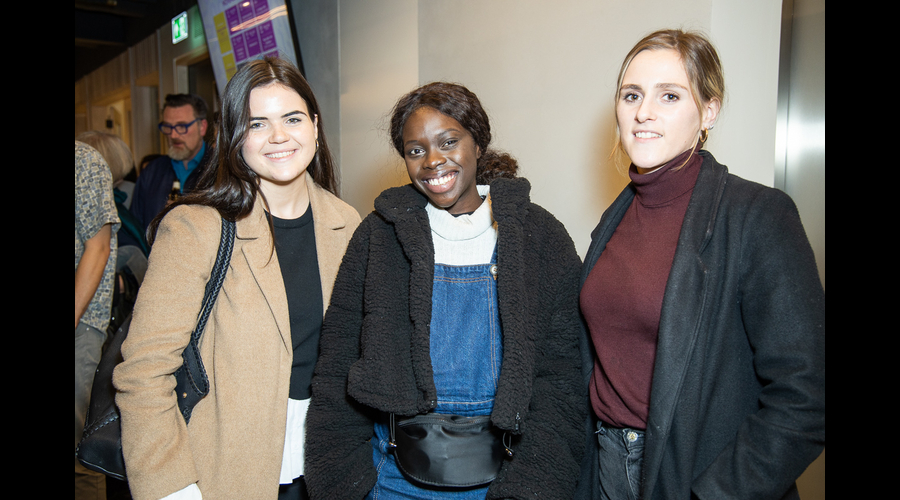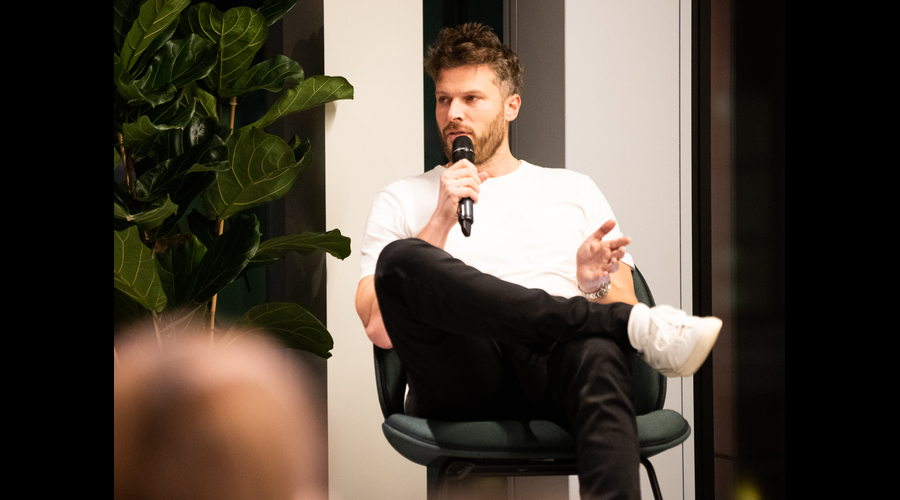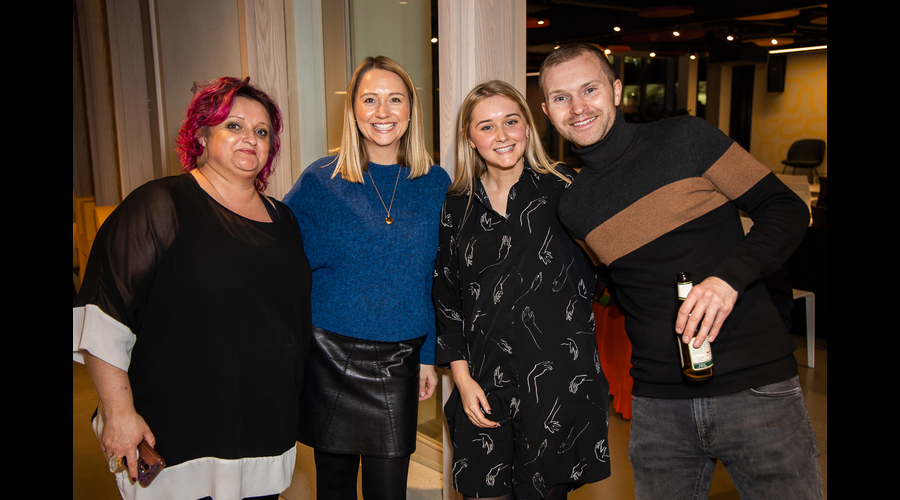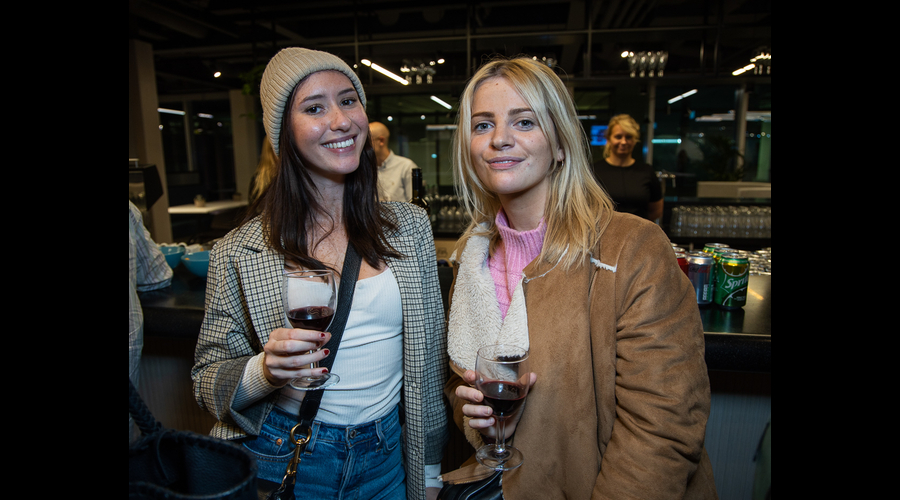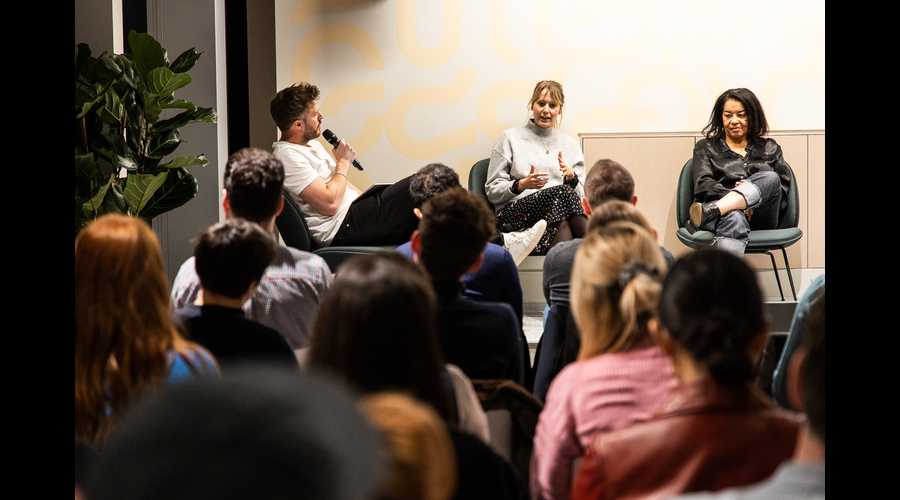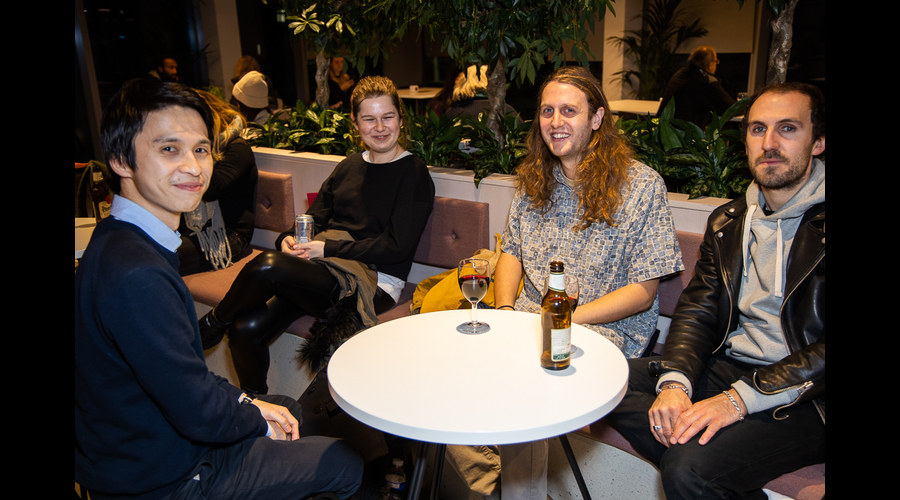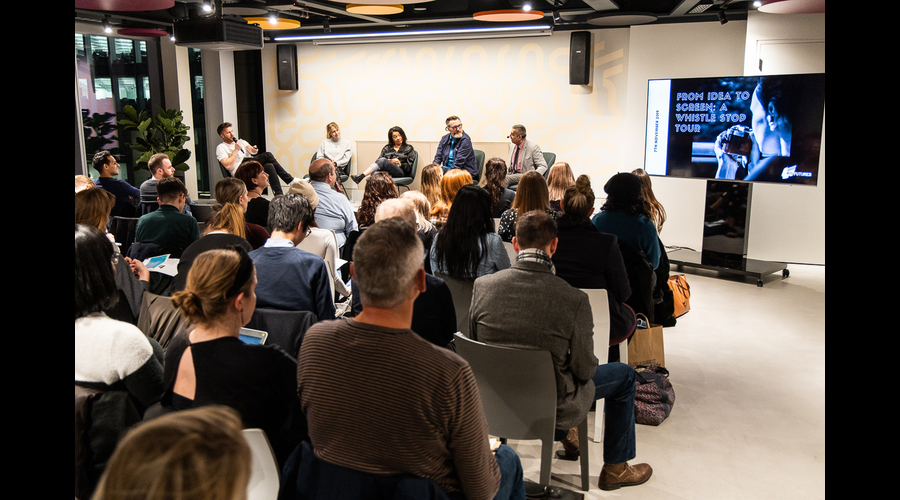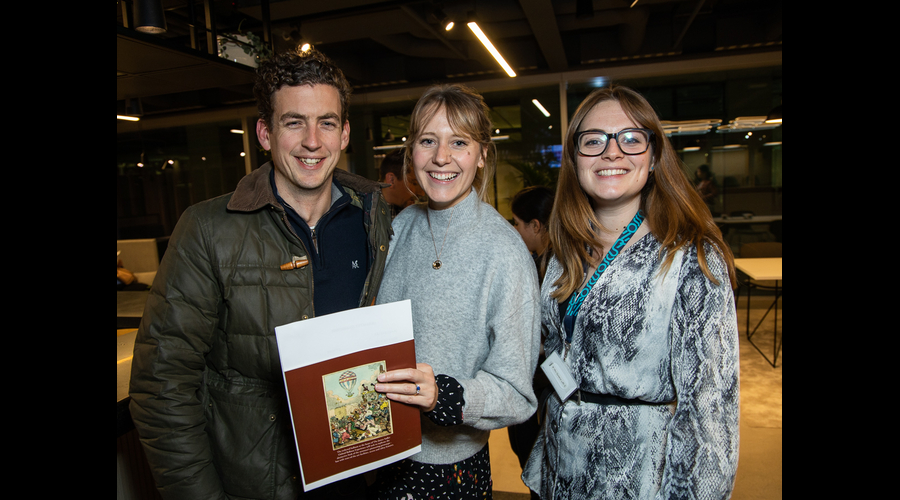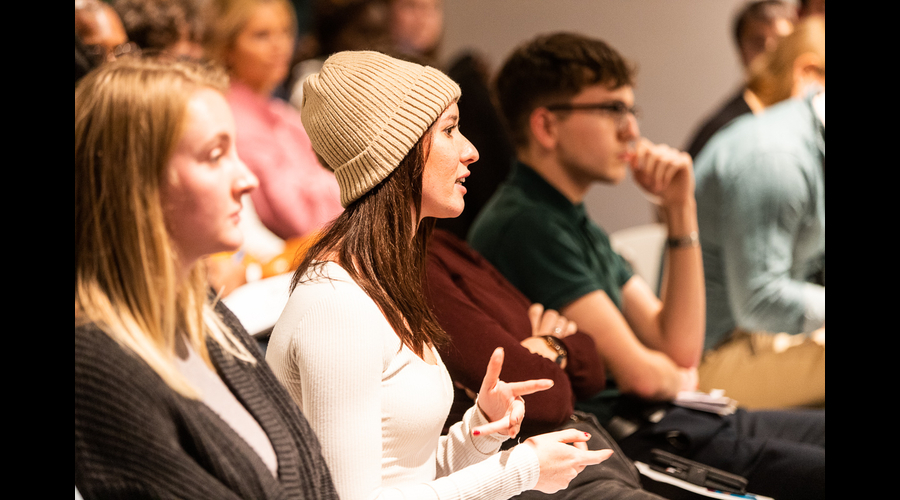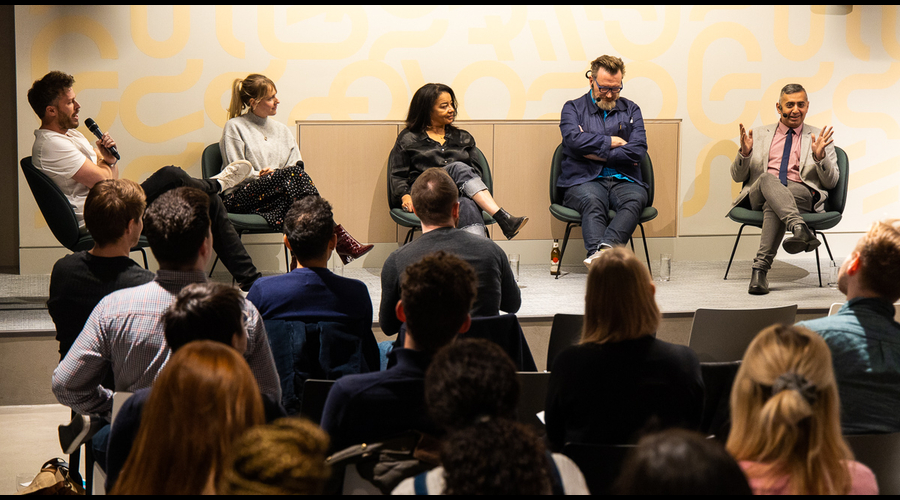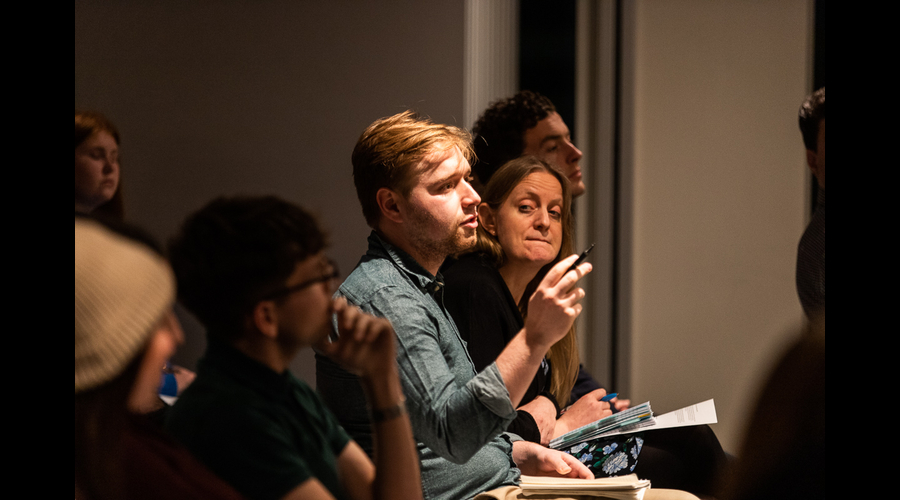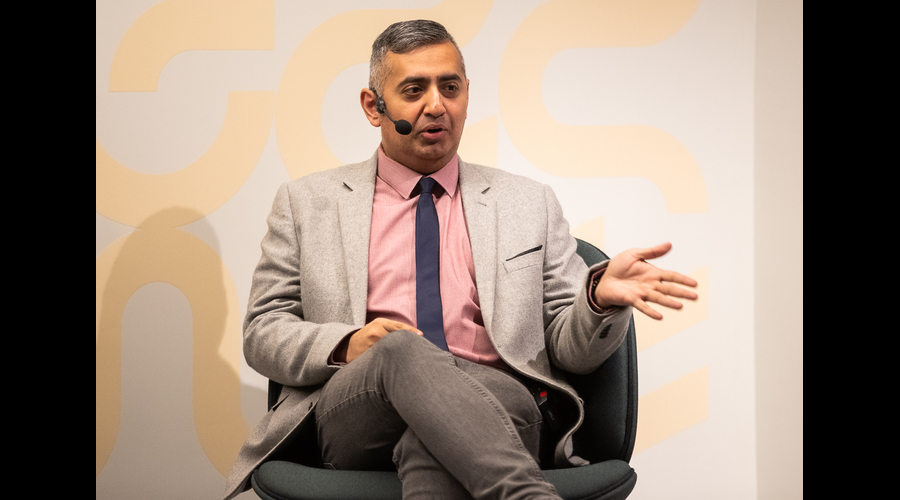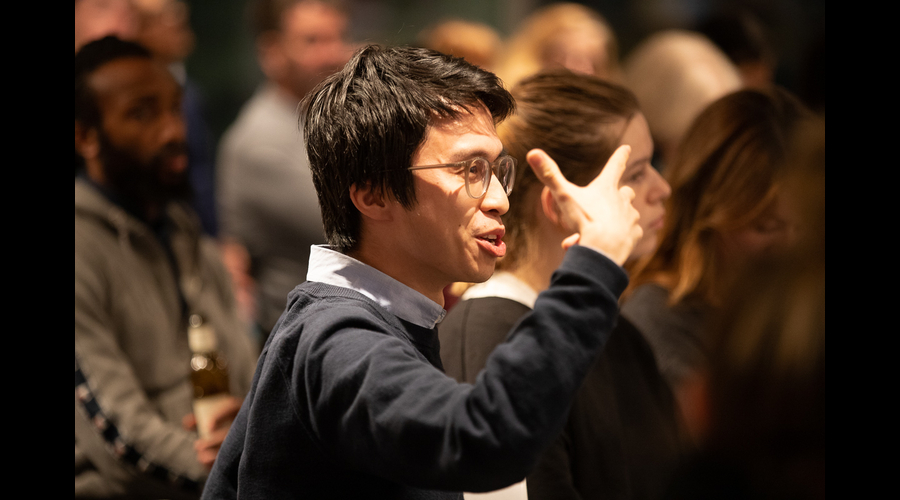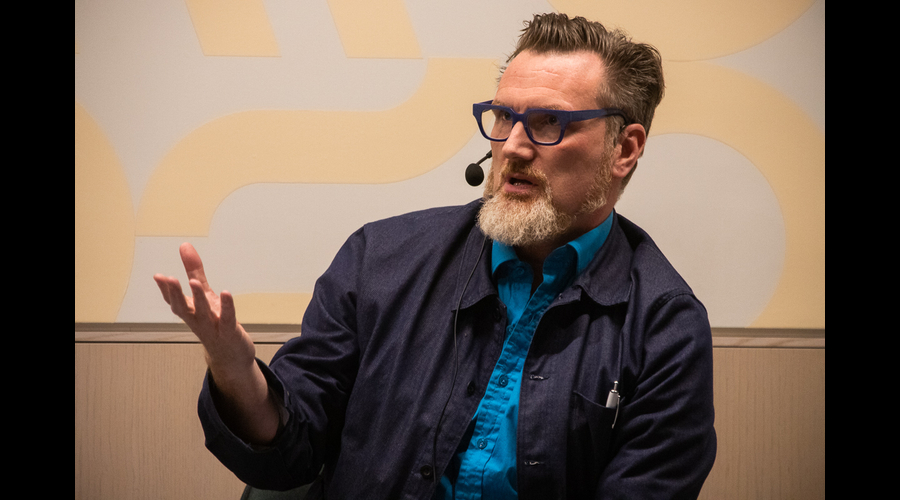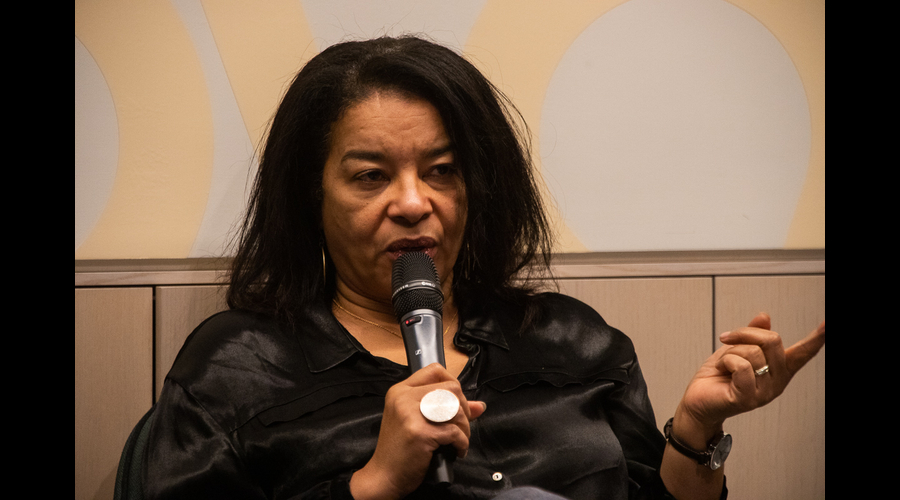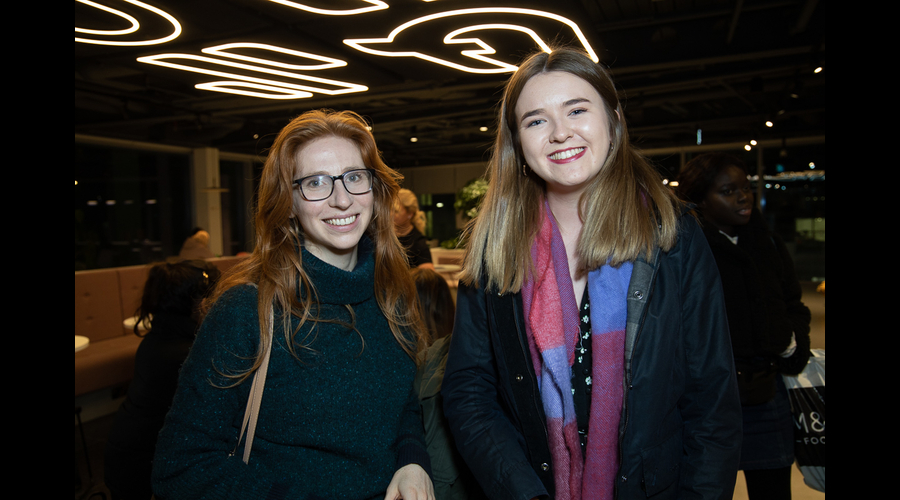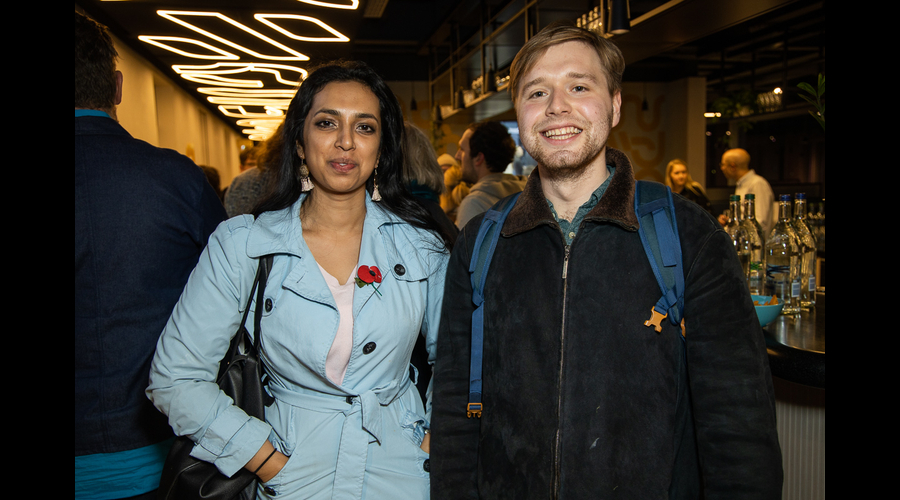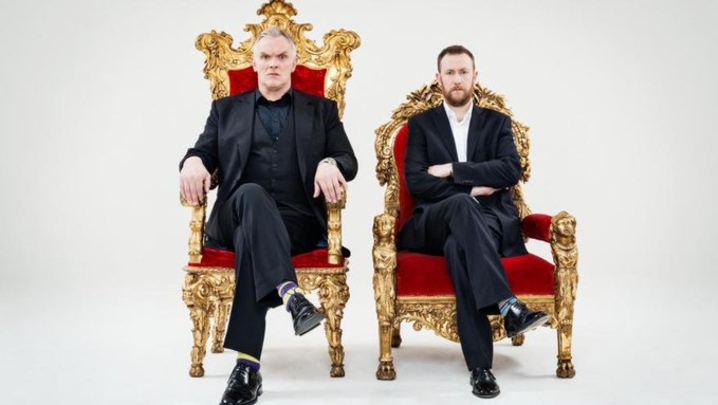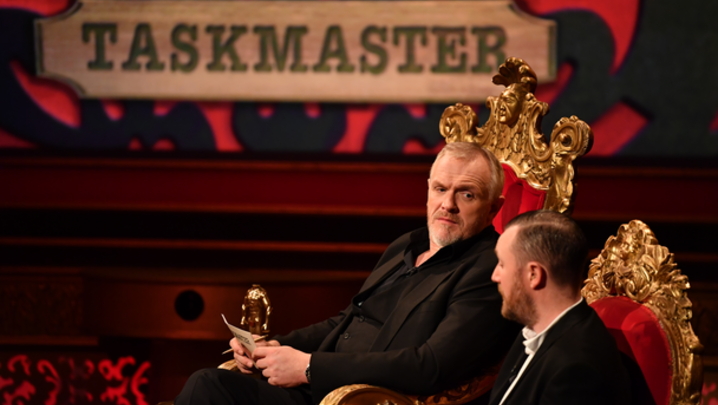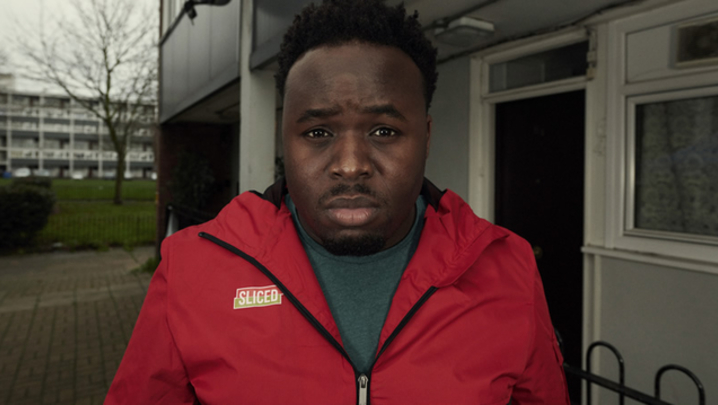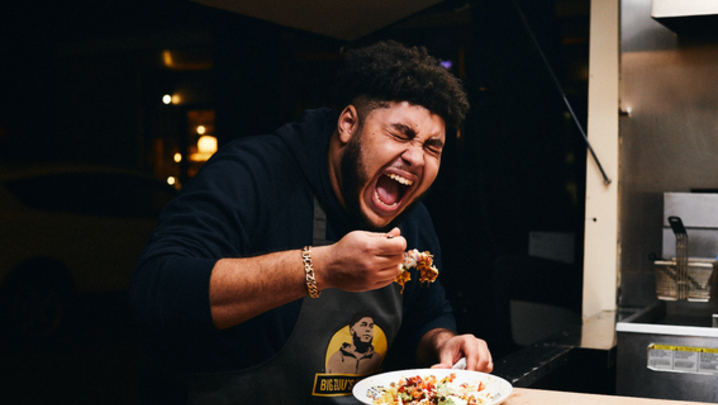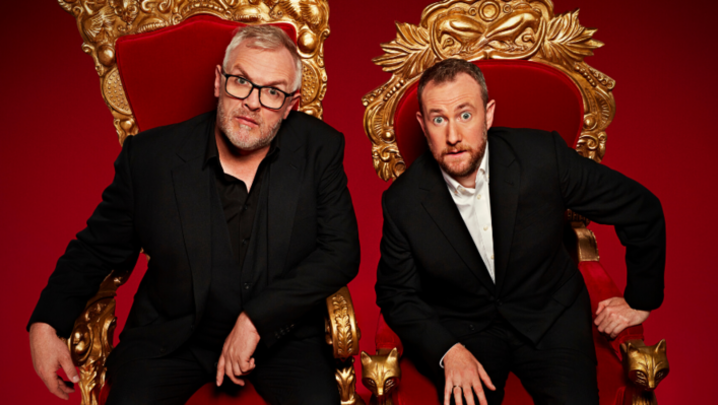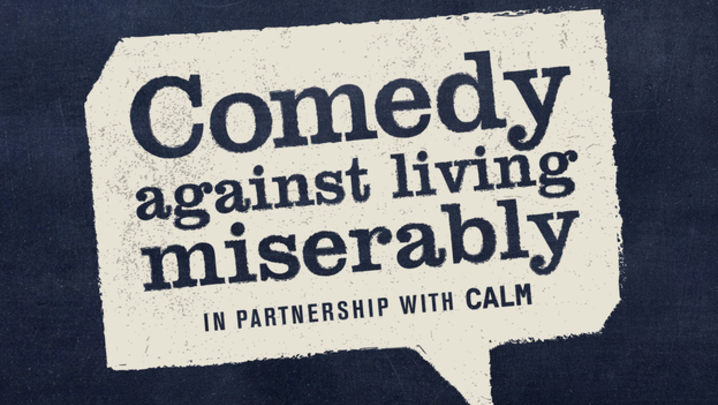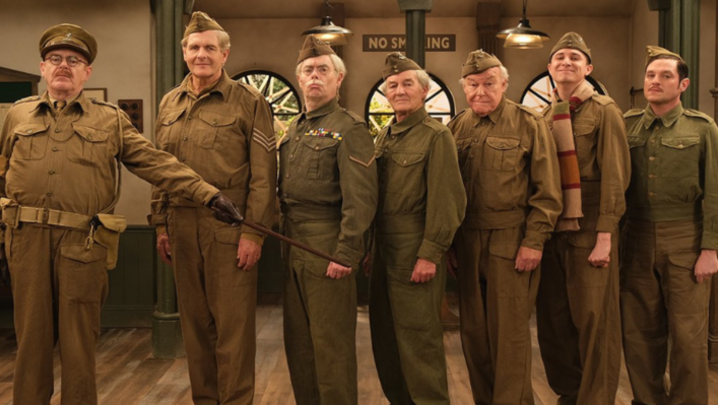Television needs new and more diverse talent if it is to truly reflect its audience. This was the message from the latest RTS Futures event, “From idea to screen: a whistle-stop tour”, which looked at development and commissioning in TV.
“We need more voices on telly – there’s not enough working-class people in telly and not enough diversity,” said UKTV head of comedy entertainment Iain Coyle.
“All the different voices that make up this country need to be working in television – not just the poshos who’ve been to Cambridge and Oxford,” said Sohail Shah, the MD of new indie King of Sunshine Productions.
He added: “Without new talent you don’t get any kind of progression in TV.”
Ideas – and the talent attached to them – are TV’s most valuable currency; the destination, while important, is secondary. “The idea, predominately, comes first – we all know roughly what channels are looking for. The briefs tend to stay relatively similar,” said Twenty Twenty development assistant producer Baileigh Walsh.
“ITV are always looking for that big, heart-warming The Real Full Monty-type show that encourages co-viewing… the big shows that people will remember. E4 might look for a ‘noisy’ format, that’s young and edgy.”
Walsh’s boss at Twenty Twenty, director of programmes Maxine Watson, explained that the way she pitched an idea to a commissioner depended on “how well you know [them]”. She continued: “It could be a paragraph in an email or a sizzle [reel] and treatment, or being in the room and pitching.”
Long treatments are falling out of fashion. “Commissioners love a headline and a poster – and then you talk to that,” added Watson.
Iain Coyle said: “Commissioning editors often can’t commission. It’s a cliché but we are ‘gatekeepers’.” Above him in the hierarchy, there is a channel manager at Dave, a head of commissioning and Steve North, general manager for UKTV's comedy and entertainment channels – all of whom have to back an idea.
He advised those pitching ideas to study the market: “Know what people are commissioning and what’s on the channel already.
“I know within two seconds whether they know what they’re talking about. If they come in with something completely not in the right hemisphere, it isn’t going to happen.”
Channels tend to be risk adverse. They ask for something “innovative and different; you give them that and they are terrified”, said Watson, a former executive at the BBC, where she commissioned Who Do You Think You Are?. She added that “commissioners these days are more terrified than we were”.
Sohail Shah has worked on both sides of the fence – as an entertainment commissioner at the BBC and as a programme-maker. “I felt I wanted to start my [commissioning] meetings with an apology, ‘I know this is really good, but my hands are tied….’”
But he added: “If I really liked something or thought there was a spark there, I would absolutely fight for it.”
Development can be a frustrating business: ideas – even the good ones – rarely receive the commissioners’ green light. Baileigh Walsh admitted that it was “hard to know when to stop fighting. Ultimately, you’re either wasting time on something that will never get made by them when you could be spending the time thinking of something else that might me more appropriate, or you lose the will to keep fighting for it.
“Somebody once told me that development was like smacking your head against a brick wall and then, occasionally, someone gives you a pillow.”
Maxine Watson added: “I know when I’m beat – I’ve been in the game long enough.”
The emergence of new streaming platforms, however, could provide more outlets for good ideas.
Coyle argued: “We are on the cusp of a gold rush in the sense that there are so many new platforms and they will all need content and in different regions.”
The RTS Futures event, “From idea to screen: a whistle-stop tour” was held at HubHub in central London on 7 November. TV presenter Rick Edwards chaired the event, and Lucy Moore and Callum Stewart were the producers.
All photography by Paul Hampartsoumian


